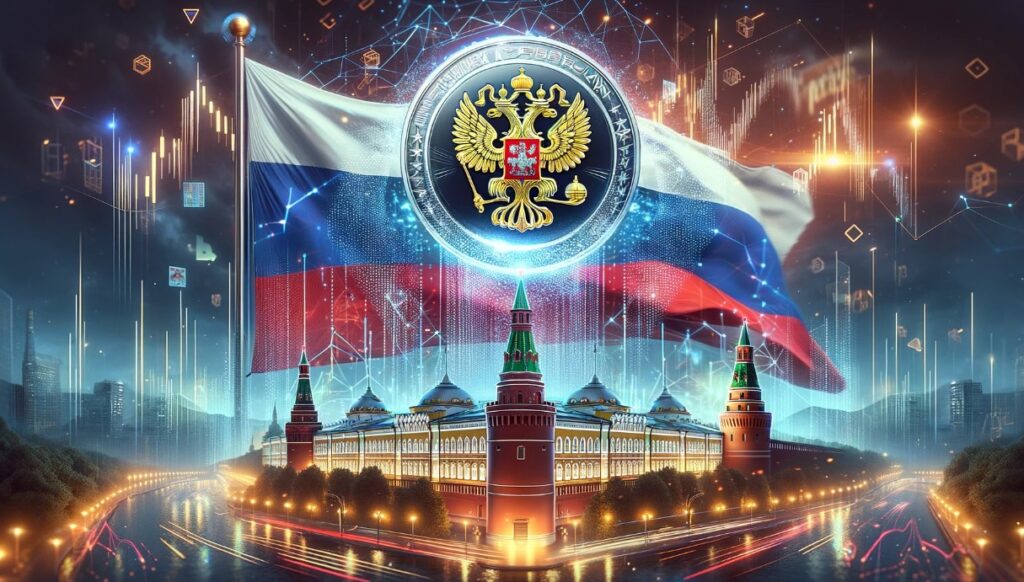In recent years, the global financial landscape has been dynamically transforming, with cryptocurrencies playing a pivotal role in this evolution. Nations worldwide are grappling with integrating digital currencies into their financial systems while ensuring regulatory compliance. In line with this trend, Russia has unveiled plans to allow domestic banks to engage in limited cryptocurrency transactions under stringent oversight. This decision reflects a cautious yet strategic approach to embracing digital assets within the country’s regulatory framework, aiming to balance innovation with financial stability and security.
Russia’s Strategic Integration of Cryptocurrencies in Banking
Redefining the Banking Sector’s Role in Digital Assets
Vladimir Chistyukhin, First Deputy Chairman of the Bank of Russia, has articulated the importance of a measured approach to incorporating cryptocurrencies into banking operations. He noted that while preventing banks from participating in cryptocurrency trading would be unreasonable, the sector must adhere to rigorous capital and reserve requirements. This stance emphasizes maintaining a conservative outlook on cryptocurrency engagement to safeguard the financial ecosystem’s stability.
To counteract potential risks such as money laundering and terrorism financing, all digital asset transactions will be subject to existing anti-money laundering (AML) regulations. Ensuring transparency in these transactions is crucial, with all parties needing to be properly identified and the origins of funds clearly established. This framework is designed to hold banks, brokers, and exchanges accountable for overseeing illicit transactions, with significant penalties imposed for non-compliance.
Comprehensive Digital Asset Audit Initiative
As part of its regulatory efforts, the Bank of Russia plans to conduct an extensive audit of the nation’s cryptocurrency activities in early 2026. This evaluation will scrutinize investments in digital assets by regulated financial institutions and examine any related lending or financing activities.
The audit aims to cross-reference data from diverse sources, including cryptocurrency miners, exchanges, and the Federal Tax Service, to detect any discrepancies between reported and actual transactions. Although the country is advancing its regulatory framework, differing perspectives exist among government entities. Some ministries advocate for clearer guidelines and taxation policies for cryptocurrency operations, while the central bank prioritizes financial stability and a cautious integration approach.
What are the implications of Russia’s new cryptocurrency policies for global financial markets?
The introduction of regulated cryptocurrency operations in Russia could influence global financial markets by setting a precedent for balancing innovation with regulatory oversight. This move could encourage other nations to adopt similar frameworks, potentially boosting international cryptocurrency adoption while maintaining stringent security measures.
How does Russia’s approach to cryptocurrency regulation compare to other countries?
Russia’s approach is characterized by a cautious yet strategic integration of cryptocurrencies, focused on ensuring financial stability and mitigating risks. Compared to countries like El Salvador, which fully embraced Bitcoin as legal tender, Russia takes a more conservative stance, prioritizing regulatory compliance and risk management over rapid adoption.
Is the involvement of banks in cryptocurrency operations a significant shift for the industry?
Yes, allowing banks to conduct cryptocurrency transactions under strict regulations represents a significant shift, indicating a broader acceptance of digital assets within traditional financial systems. This development could foster increased trust and legitimacy in the cryptocurrency industry, potentially leading to wider adoption and integration into global financial markets.
By providing an in-depth analysis of Russia’s regulatory strategies and their potential impact on both national and international levels, this guide ensures readers have access to expert insights, facilitating informed decisions in the rapidly evolving cryptocurrency landscape.

